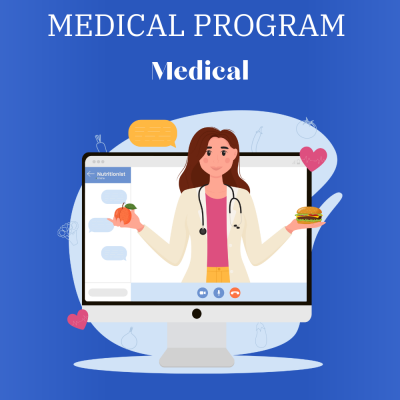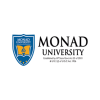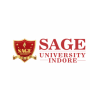

Introduction to the Medical Field:
The medical field includes a wide range of disciplines dedicated to the prevention, diagnosis, and treatment of illnesses and injuries in order to promote individual and community health and well-being. It is a dynamic and ever-changing field, fueled by scientific advances, technological improvements, and compassionate care.
University
50+
Duration
4 to 6 years
Eligibility
Itermediate
Key Areas within the Medical Field:
- Medicine: Physicians, usually referred to as doctors, diagnose and treat illnesses and injuries. They may specialise in internal medicine, paediatrics, surgery, psychiatry, and other areas.
- Nursing: Nurses play an important part in patient care by giving direct help to clients in a variety of healthcare settings. They could work in hospitals, clinics, long-term care homes, or community health centres.
- Dentists diagnose, prevent, and treat oral illnesses and disorders. Cleanings, fillings, extractions, and root canals are among the procedures they conduct to keep patients’ teeth healthy.
- Pharmacists dispense medications, counsel patients about medication, and ensure that drugs are used safely and effectively. They could work at retail pharmacies, hospitals, research facilities, or pharmaceutical businesses.
- Allied health professions encompass a wide range of healthcare workers, such as physical therapists, occupational therapists, medical laboratory technologists, radiologic technologists, and others. They work alongside other healthcare professionals to provide comprehensive patient care.
Education and Training:
A profession in medicine often requires substantial schooling and training:
1. Undergraduate Education: Many medical occupations require a bachelor’s degree in a relevant discipline, such as biology, chemistry, or healthcare management.
2. Professional Education: Physicians must first complete medical school before pursuing residency training in their specialty. Nurses can seek associate or bachelor’s degrees in nursing, whereas dentists must attend dentistry school. Pharmacists finish a Doctor of Pharmacy (Pharm.D.) programme.
3. Healthcare professionals must get licencing or certification before practicing in their respective disciplines. This frequently includes completing national board exams and meeting continuous education requirements.
4. Continuing Education: In order to keep up with advances in research, technology, and patient care methods, medical professionals must constantly learn new things.
Career Opportunities:
The medical field provides a variety of job prospects, including:
- Physician (Doctor)
- Nurse (Registered Nurse, Nurse Practitioner)
- Dentist
- Pharmacist
- Physical Therapist
- Occupational Therapist
- Medical Laboratory Technologist
- Radiologic Technologist
- Physician Assistant
- Medical Researcher
- Healthcare Administrator
- Public Health Professional
Pathway to Medical School:
medical education form the groundwork for medical school admissions. To gain admission to medical colleges in India, aspiring medical students must first complete medical education and then pass tough entrance examinations such as the NEET. Following acceptance to medical school, students receive additional training and clinical rotations, ending in a medical degree (MBBS or equivalent). Medical graduates might then specialise further through residency programmes and fellowships, or they can pursue academic and research positions in medicine and healthcare.
Conclusion
The medical sector is diverse and fulfilling, with chances for individuals who want to make a difference in people's lives. Whether you want to diagnose and treat patients directly or contribute to healthcare through research, education, or administration, a career in medicine provides several opportunities for personal and professional development.
Admission Requirements:
- You need to be 12th pass from a recognised board of education.
- Are you ready to start an exciting path towards a career in aviation? To apply for our medical Studies program follow the steps below:










Right Location, Affordable Fees And Right Education!

